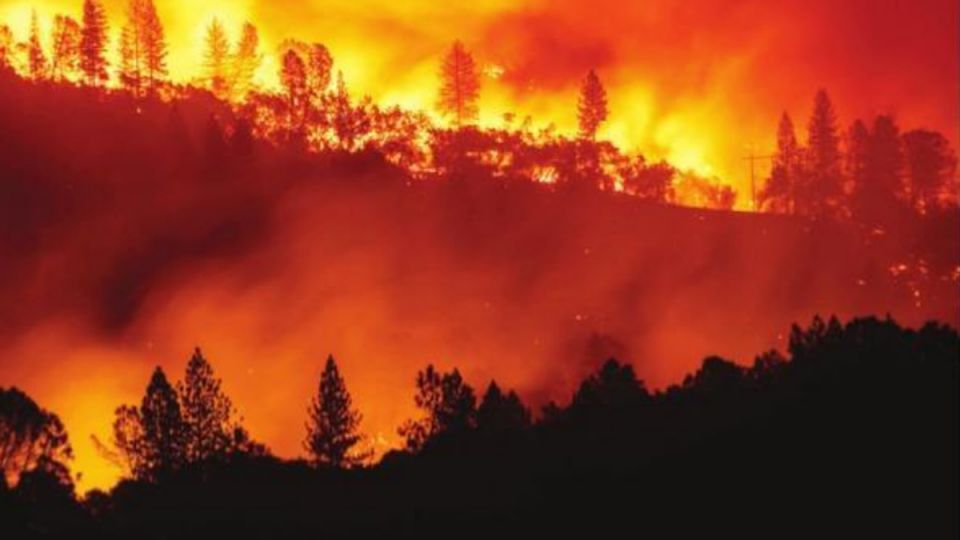February 14, 2020
Winter is the season of wildfires. It was in Trashigang last week. Yesterday there was one in Paro. Until the spring arrives we can expect some more.
The causes of wildfires are many. Often we just point to the weather but what we must understand is that most wildfires occur due to human carelessness. According to a global study, for example, unextinguished campfires, lit cigarette butts, arson and improperly burnt debris are responsible for about 85 percent of wildfires.
In less than a decade, there were more than 1,400 forest fire incidents in Bhutan; about 99 percent of fires were anthropogenic (originating due to human activity) in nature and occurred in winter. Even so, the blame has always been put on natural causes.
In Bhutan the problem is not just wildfires, however. More serious is fire outbreak in the rapidly growing settlements. The way the settlements are growing in the peripheries of our towns is worrying. There is no organised growth to say the least. And whenever there is fire in such settlements we blame it on short circuit.
If short circuit is the main cause of fires in the growing shantytowns in the nation that believes that such settlements should not exist in the first place, it should not intractable to nip the problem in the bud. Unprofessional wiring is becoming the greatest danger in the country today. Where and on whom must lies the buck we know, but duplication of responsibilities is opening up gaps that are becoming wider by the day.
We often blame the firefighters for not doing enough. That is wrong. What we need is a serious structural change in towns and our management system. Why can’t we have fire hydrants in reasonable distances, for instance ? Our town planning leaves a lot to be desired.
For the perspective, the Forest and Nature Conservation Act 1995 prohibits any fire in government forests, irrespective of forest type and vegetation sensitive to fire. The National Forest Policy of Bhutan 2011 prohibits fire in fire-sensitive ecosystems but allows the use of fire as a management tool in fire-adapted ecosystems.
These measures are not enough because they are pockmarked with gaps.
In 2017, under the Royal Command, the first interagency SOP was formulated and implemented for Thimphu. Under this arrangement, Interagency Forest Fire Coordinating Group was formed for Thimphu consisting of members from authorities concerned.
This must grow.
But what is vitally important is embedding protective mechanisms wherever possible, especially in places where the threat of fire is the biggest. Building of a town or a city is only half done if there is no provision for fire hydrants at reasonable distances. We have not done enough if our people still prefer to steal wiring lines randomly as people wish.
The time has come when fires must burn in the heart of every Bhutanese. Wildfires ought not to be a problem only when lhakhangs (temples) are in danger.


